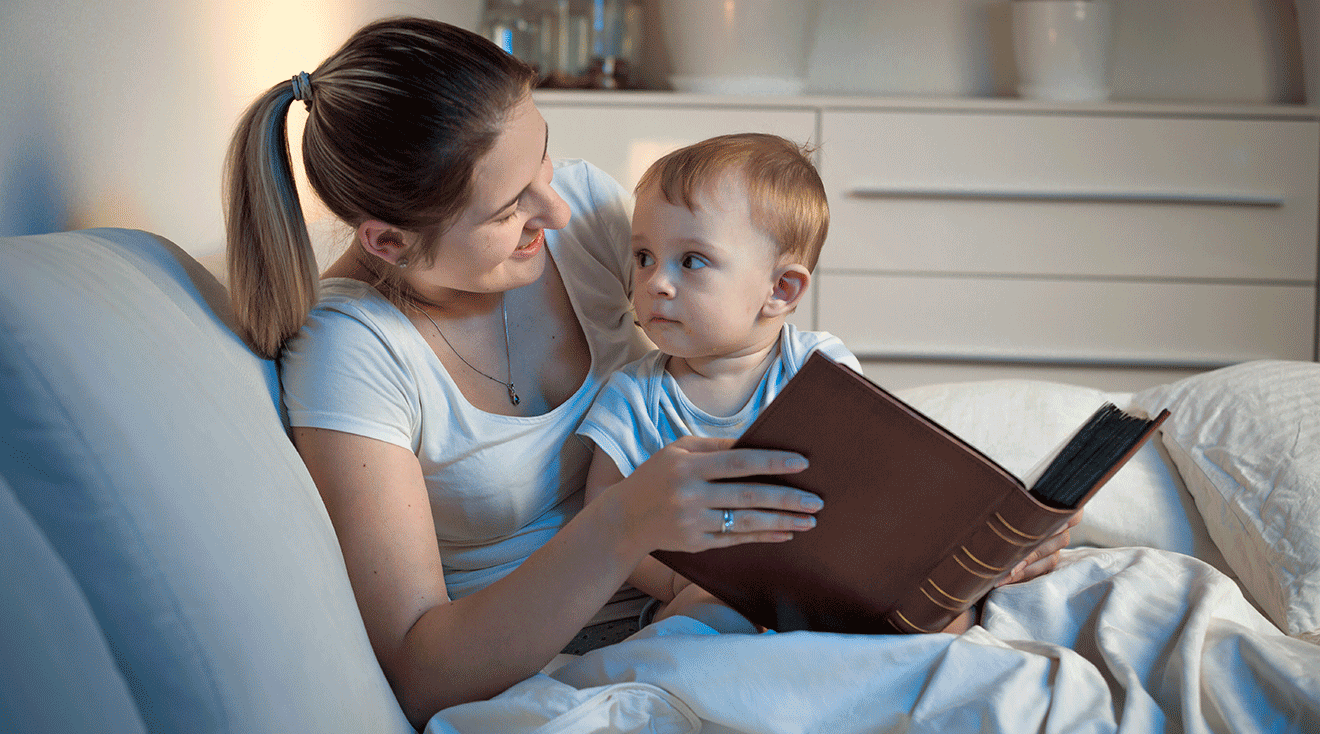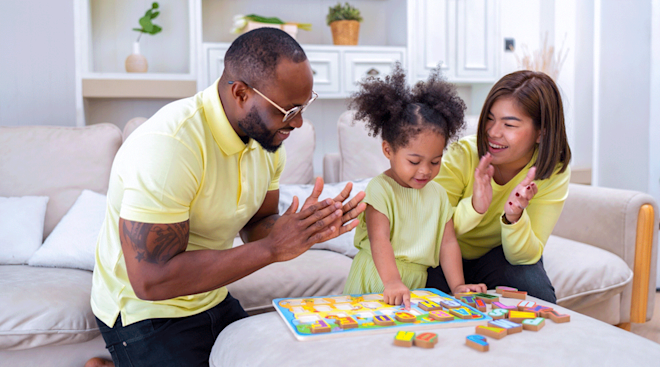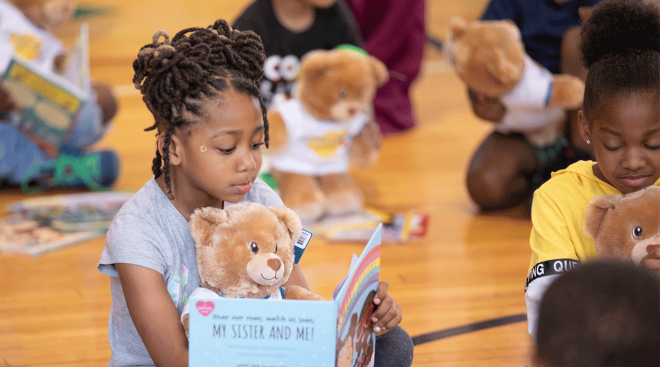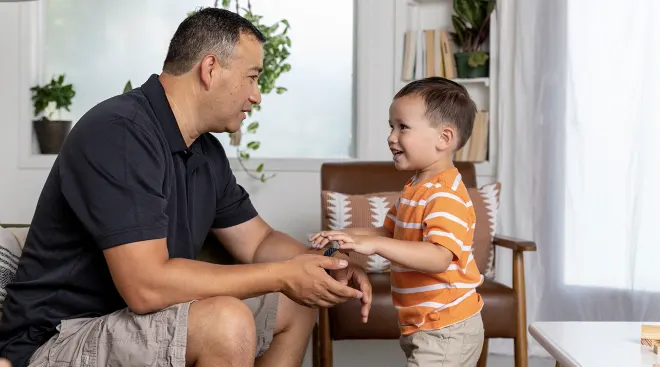Reminiscing With Your Toddler Is Powerful Tool for Language Learning
It might be time to dust off those old photo albums and start reminiscing about the good ol’ days with your little ones. A new study has uncovered a surprising link between nostalgia-filled conversations and preschoolers’ language development.
Published in the Journal of Applied Developmental Psychology,, the study delves into the world of reminiscing, exploring how conversations about past events could shape young minds. To unravel the mysteries of reminiscing, researchers observed Danish parents engaging with their 3- to 5-year-olds in various activities: reminiscing about past events, sharing wordless picture books, and building with LEGO bricks. Through meticulous analysis of conversation transcripts, they uncovered intriguing insights into parental speech patterns and children’s responses.
The results were clear: reminiscing sessions with preschoolers rival, and sometimes even surpass, the language quality found in traditional activities like book-sharing or toy play. Reminiscing sessions sparked high-quality speech from parents, akin to the eloquence found in book-sharing. Moreover, these nostalgic dialogues boasted greater grammatical complexity and elicited more lively participation from children compared to traditional toy play.
As the study’s senior author Professor Erika Hoff explained in a university press release, “Talk in reminiscing is characterized by longer and more complex sentences than talk in many other settings.” This natural conversational style, rich with vivid memories and colorful anecdotes, serves as a fertile ground for nurturing language skills in young children.
But while reminiscing holds promise as a language booster, researchers caution against viewing it as a cure-all for educational disparities. “Reminiscing is good, but it’s not a magic bullet that closes societal and educational gaps,” noted Hoff. Disparities in parental speech related to education level still persist, highlighting the need for targeted interventions to level the playing field.
“I would suggest to parents that it’s not just important to spend time with your children. What you’re doing when you’re spending time with them also is important,” said Hoff. “It’s good to carve out some time just to have a conversation. If you like reading books, read books, if you would rather talk about planning the future or talking about the past, do that. Make time to have conversations with your children.”
Navigate forward to interact with the calendar and select a date. Press the question mark key to get the keyboard shortcuts for changing dates.





















































